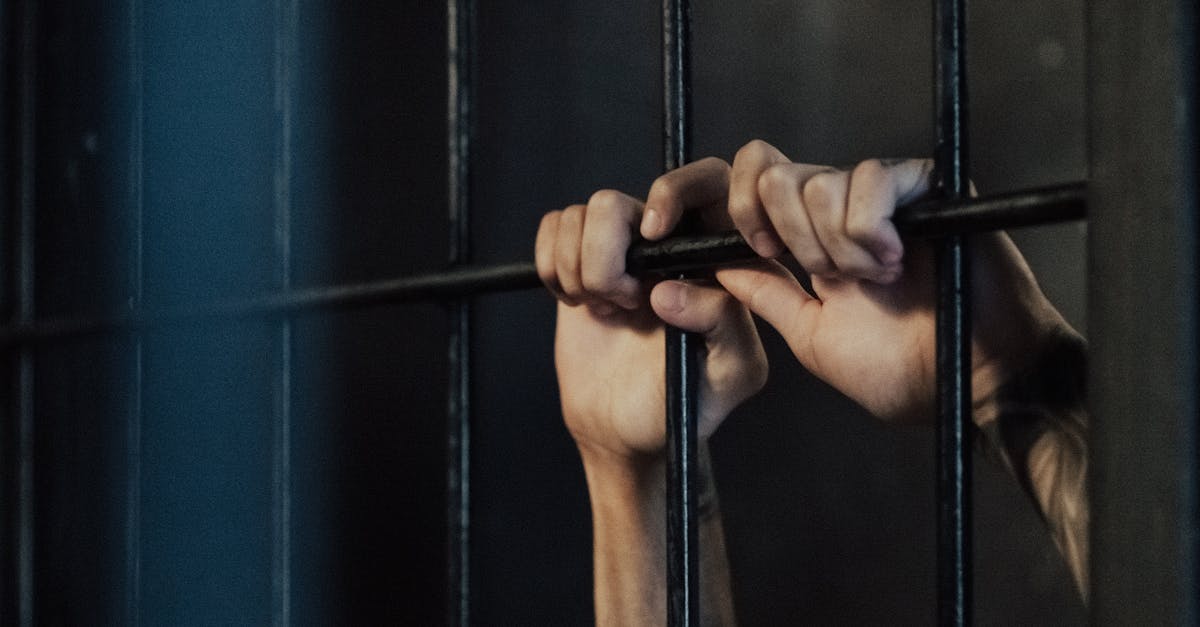On a historic Tuesday, the former President of the Philippines, Rodrigo Duterte, was arrested after the Philippine government confirmed the receipt of an arrest warrant from the International Criminal Court (ICC). This warrant charges him with crimes against humanity due to his controversial drug war, which has been widely criticized for its brutal methods and high death toll. Understanding the implications of these charges is crucial, as they highlight both the reach of international law and the accountability mechanisms for leaders in power.
In this article, we will delve into the context surrounding Duterte’s arrest, the reasons behind the ICC’s actions, the implications for the Philippines, and the broader international reaction to the case. Throughout the piece, we will explore various aspects that contribute to this significant moment in Philippine history.
The Context of Duterte’s Presidency
Rodrigo Duterte’s presidency, from 2016 to 2022, was marked by his infamous war on drugs, which he claimed was necessary to combat the narcotics crisis in the Philippines. Initially, his tough-on-crime approach gained him widespread support among constituents seeking safety from drug-related violence. However, his methods drew severe criticisms both locally and internationally.
Amnesty International reported that more than 30,000 people may have died under suspicious circumstances linked to law enforcement operations during Duterte’s tenure. The organization described this as a systematic attack on civilians, framing it as violations of human rights and fundamental freedoms.
Understanding the ICC’s Role
The ICC serves as a court of last resort, aimed at prosecuting individuals for the most serious crimes under international law, including genocide, war crimes, and crimes against humanity. Duterte’s case marks one of the first instances where a high-profile leader is being charged in relation to domestic policies that heavily impacted civilian lives.
This unprecedented legal action against Duterte was initiated due to numerous complaints filed with the court, backed by substantial evidence detailing deaths, torture, and other inhumane acts performed during his anti-drug campaigns. The request for an investigation was made in June 2020 after the Philippines withdrew from the Rome Statute, which created the ICC, displaying a blatant challenge to international law that the court upholds.
The Implications of Duterte’s Arrest
Duterte’s arrest can have consequences beyond personal implications. It reopens discussions on the rule of law in the Philippines and may influence future administrations to adopt more accountable governance practices. It also raises questions about the balance between national sovereignty and international intervention, critical in assessing the limits of jurisdiction and the responsibilities of state leaders.
Public Sentiment in the Philippines
Amid the unfolding events, public reaction remains sharply divided. Supporters of Duterte view the ICC’s actions as an affront to Philippine sovereignty, while opponents celebrate the arrest as a much-needed step towards justice and accountability. Recent surveys indicated a strong base support for the former president, yet significant portions of the public also express concerns about human rights and governance under his regime.
International Reactions
The international community’s response has been one of intrigue and caution. Various human rights organizations have welcomed the arrest, viewing it as a victory for justice advocates worldwide. Conversely, some nations maintain a neutral stance, underlining the importance of respecting national laws while adhering to international obligations.
The UN has reiterated the necessity for justice regarding the alleged human rights violations during Duterte’s administration. As the situation evolves, it’s crucial to monitor how countries will align themselves with international law and their respective political agendas.
Next Steps for Duterte and the Philippines
Moving forward, Duterte’s legal challenges are expected to proceed as the ICC embarks upon case assessments and any necessary legal proceedings. This development represents a significant shift in holding leaders accountable for their actions, which could serve as a precedent for other nations struggling with issues of governance and human rights abuses.
The outcome of Duterte’s arrest will not only affect the former president but will also demonstrate the potential for international legal systems to intersect with domestic political dynamics.
Conclusion
The arrest of Rodrigo Duterte marks a pivotal moment for the Philippines and its legal system, bringing to light the delicate interplay between domestic policies and international law. It underscores the potential for accountability mechanisms to challenge those in power, furthering global conversations on human rights and governance.
In summary, Duterte’s case holds profound implications that extend beyond the courtroom, influencing future governance and international relations. In a world where accountability is vital, this landmark arrest sends a clear message about the importance of safeguarding human rights, irrespective of a leader’s position.
As we observe the developments, staying informed and engaged is crucial not only for the citizens of the Philippines but for the global community committed to justice and equity.
